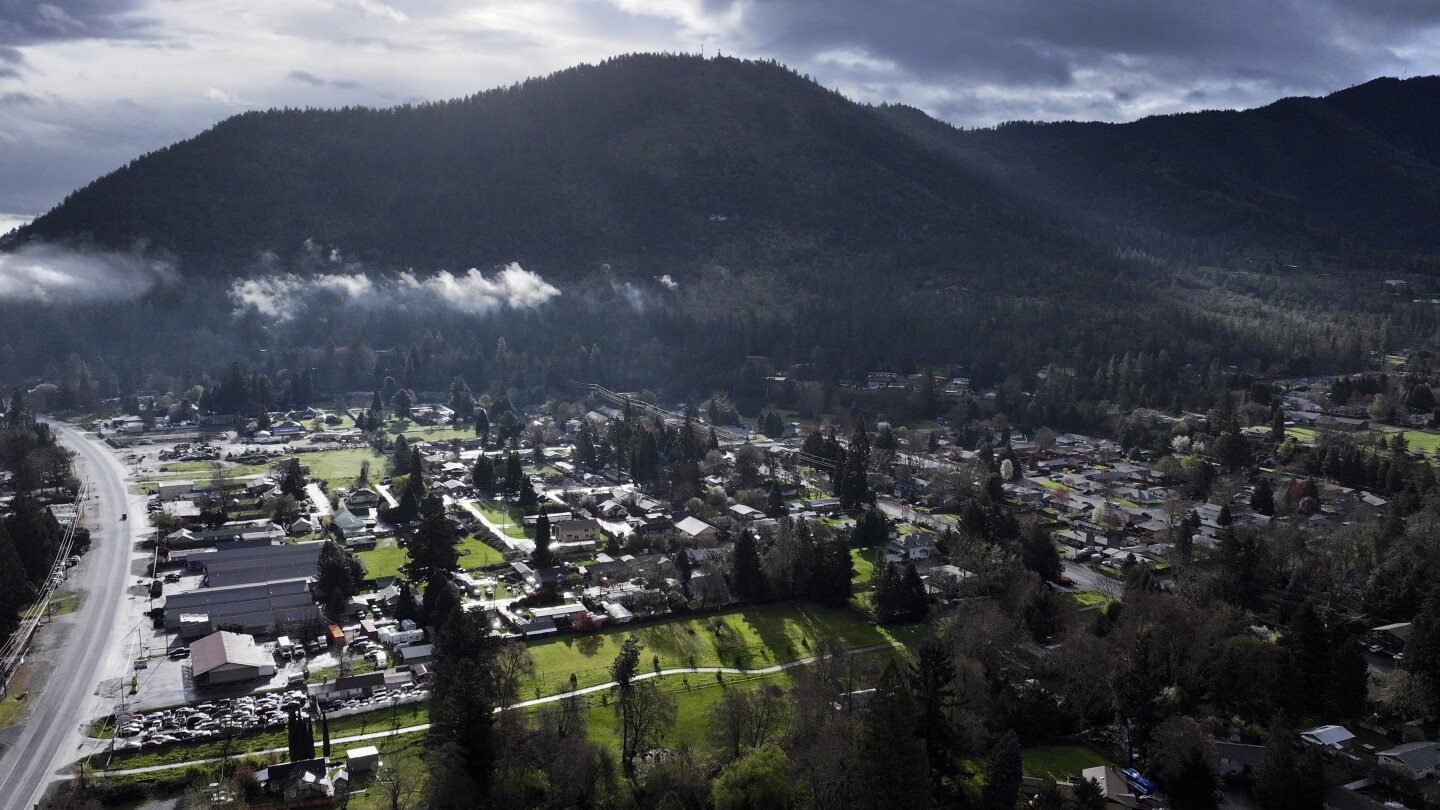The scenes were emblematic of the crisis gripping the small, Oregon mountain town of Grants Pass, where a fierce fight over park space has become a battleground for a much larger, national debate on homelessness that has reached the U.S. Supreme Court.
The town’s case, set to be heard April 22, has broad implications for how not only Grants Pass, but communities nationwide address homelessness, including whether they can fine or jail people for camping in public. It has made the town of 40,000 the unlikely face of the nation’s homelessness crisis, and further fueled the debate over how to deal with it.
“I certainly wish this wasn’t what my town was known for,” Mayor Sara Bristol told The Associated Press last month. “It’s not the reason why I became mayor. And yet it has dominated every single thing that I’ve done for the last 3 1/2 years.”
Officials across the political spectrum — from Democratic Gov. Gavin Newsom in California, which has nearly 30% of the nation’s homeless population, to a group of 22 conservative-led states — have filed briefs in the case, saying lower court rulings have hamstrung their ability to deal with encampments.



You want things in life? You work for them. Nobody is just going to give them to you.
Stop zoning everything for luxury apartments or single family homes.
“Just stop being poor, dammit!”
“You should work for what you have! Also, you should donate your time to corporations because they shouldn’t have to pay people a living wage to earn all their profit for them!”
They have NASA workers living in their vehicles in California. This country is a paved-over wasteland.
They aren’t asking for anyone to give things to them (well, besides spare change). They just want to live their lives and not go to jail. Some want to find a job but can’t. Some have a job but not a good enough one to get an apartment. Some want to do drugs and sleep in oblivion. Some have severe mental challenges and couldn’t hold a job if they tried.